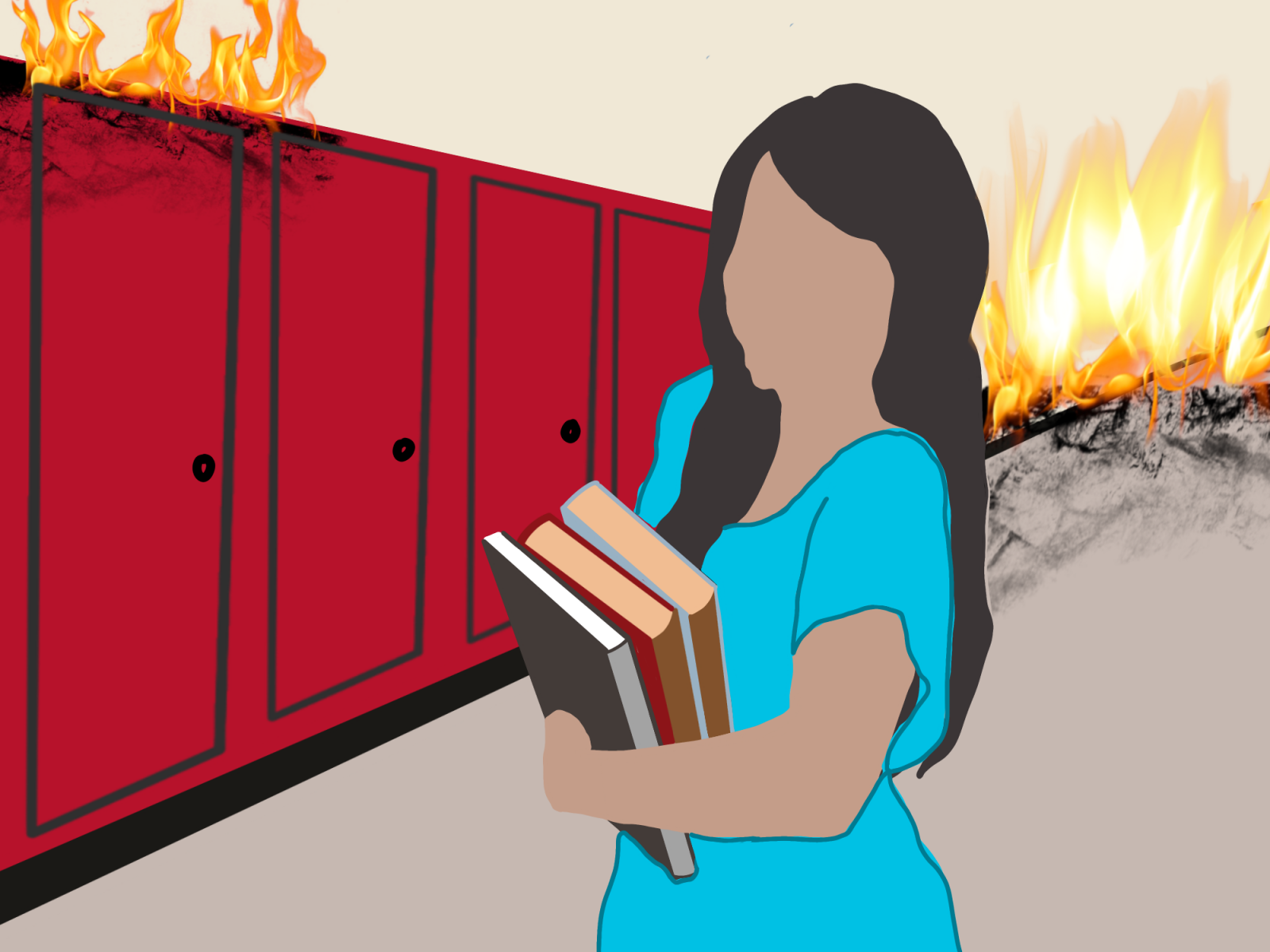“What are you going to do now?”
“I was going to go upstairs for a minute.”
“I meant with your future, your life.”
“Well, that’s a little hard to say.”
“The Graduate” follows Benjamin Braddock, played by Dustin Hoffman, during his first summer after finishing college. He has little to no idea what career — if any — to pursue, and is subject to uncomfortable attention and pressure from his family.
Although the movie came out in 1967 — more than 50 years ago — its messages and themes are felt by those currently attending college, which can still be a dreadful experience.

Benjamin is attacked from all sides by congratulations on his academic achievements, analyses of the job market and questions about his future. His situation is uncomfortably familiar to what most college students face.
College students are only young adults, but from the moment we decide our major, we are expected to have a detailed plan for our future.
And if we happen to attend a prestigious university, people assume we have grand ideas to change the world and will have lifelong success.
The truth is, most of us do not.
No one wants to admit such a fact in front of our families — who invest hundreds of thousands of dollars in our education — or our peers — who always seem to be one step ahead of us.
The media also contributes to our anxiety by spreading pessimistic news about job prospects. For example, Forbes published an article last April with the headline, “Young workers likely to be the first victims of COVID-19 unemployment.”
In “The Graduate,” Ben’s unwillingness to plan his future derails his life.
Due to these feelings of aimlessness and confusion, he gets roped into an affair with a family friend — the infamous “Mrs. Robinson,” played by Anne Bancroft — only to end up falling for her daughter.
Notwithstanding these actions, his character is a relatable and realistic portrayal of the bridge between student and professional life.
As a formerly successful student, Ben is disoriented by the prospect of continuing his life outside of education — a road much less certain and much more anxiety-inducing.
The workplace is an entirely different environment. It doesn’t have the familiar aura of college classrooms and it doesn’t value Latin honors or GPAs.
Although this thought might be daunting, starting anew has its silver linings.
Once we enter the workforce, we will be presented with the opportunity to build our own career and personal road to success. Furthermore, our college reputation will not define us. It may be demanding at the beginning — and definitely an adjustment — but we are well-prepared and educated for this exact purpose.
Ben also struggles to realize he is not alone in experiencing a post-diploma crisis.
In the film, he is always seen juxtaposed with adults, which demonstrates how these two generations are dissimilar and unable to communicate. His parents label him as idle, to which he responds by behaving like a rebellious teenager.
What this graduate lacks is the empathy of his peers.
In reality, we are surrounded by our fellow students who experience the same anxiety and uneasiness about the future, even if they choose not to express it.
Instead of pretending as if we already have everything figured out, we should be openly vulnerable. We could find support in one another and normalize a feeling that could overwhelm us if faced alone.
As Ben is being accosted by different party guests at the graduation celebration, one adult offers him one word of advice: “plastics,” meaning a cheap or boring life.
This cryptic word symbolizes the future that would appease Ben’s parents, but leave him deeply dissatisfied and trapped in a high-paying office job. Ben was also raised on the notion there was no alternative option to this “plastic” lifestyle, which leads him to reject adulthood altogether.
However, no one should feel stuck on a fixed path, regardless of familial expectations. If there is any moment in life when we should take professional risks, it is right after graduating.
We should allow ourselves to explore the job market with more freedom in our early life. We might find ourselves in front of several open doors, and it would be a waste to stick to a predestined career that makes us unhappy.
Such a courageous move will reward us with new knowledge, experience and maturity.
Similarly to Benjamin Braddock, most fresh graduates feel they are drowning in a sea of indecision and distress. In reality, the sea is only a pool, and all of our peers are also trying to keep their heads above water.




























































































































